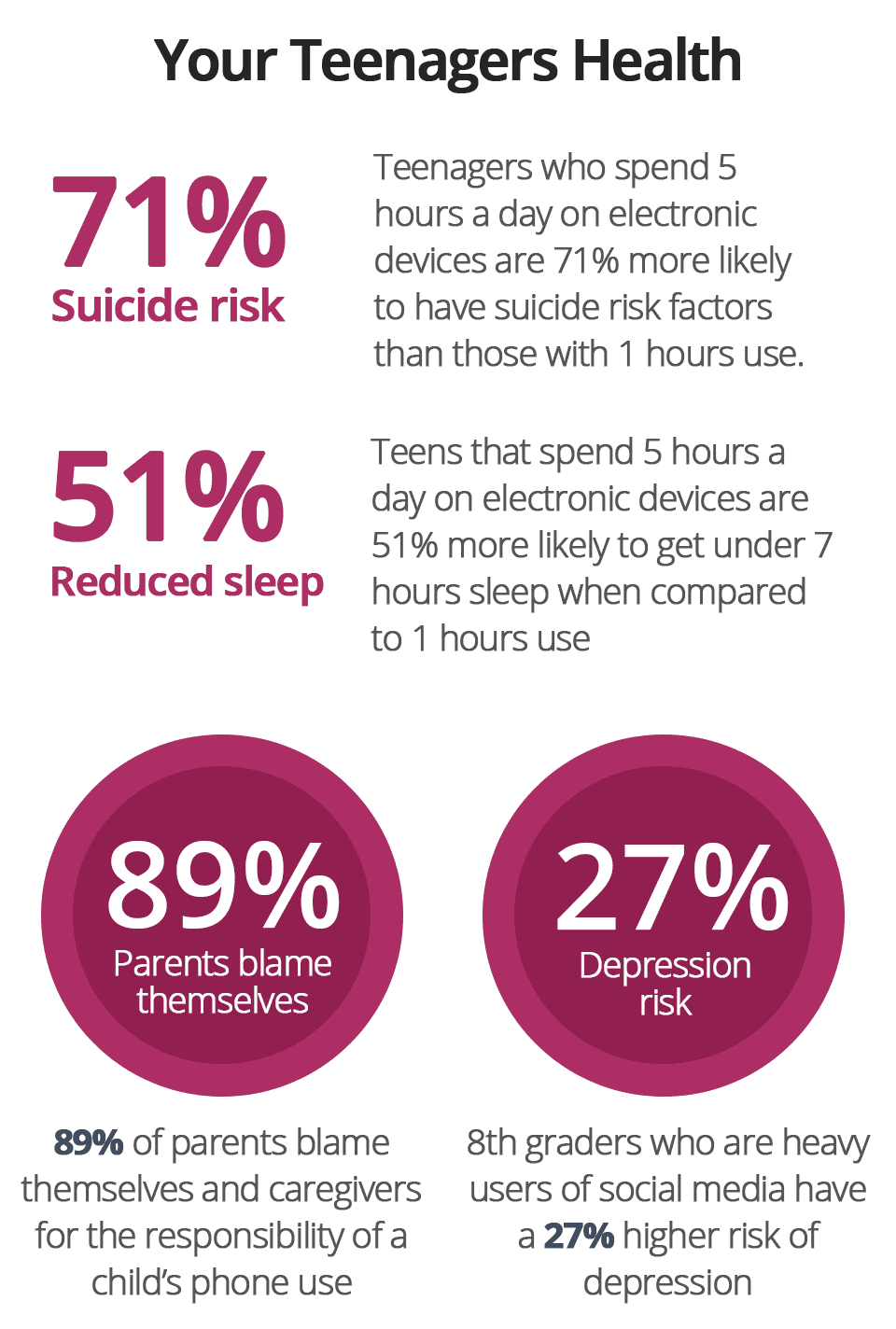The Dark Side of Our Addiction to Smartphones
Modern technology has transformed our lives in many amazing ways. However, as with any major technological advancement, there are also downsides that we must address. One area of growing concern is our dependence on smartphones and the negative impacts it can have on our mental and physical well-being. While smartphones bring convenience and connect us to a world of information, overuse and addiction pose very real risks that should not be ignored. Let’s take a deeper look at some of the most concerning effects of smartphone over-reliance and what we can do to regain a healthier balance.
Distracted Living and Loss of Focus
One of the biggest problems with near-constant smartphone use is how it fragments our attention and pulls us out of the present moment. With notifications and apps vying for our attention every few minutes, true focus has become elusive. We check our phones mindlessly throughout the day without thinking, breaking up whatever task we’re engaged in. This kind of distracted living has long-term effects on concentration levels. Studies show our brains build “attention muscles” that can weaken without regular periods of uninterrupted focus. Children and young adults who have never known life without personal devices seem to struggle the most.

Disrupted Sleep and Higher Stress Levels
The blue light emitted from smartphone screens disrupts our natural production of melatonin, the hormone that signals to our bodies it’s time to sleep. Even using phones in bed just before dozing off can significantly delay sleep onset. Lack of quality sleep over time leads to higher stress, poorer health, and lower cognitive performance. Additionally, the constant stream of notifications we feel compelled to check acts as a stressor that raises cortisol levels. All this digital stimulation right before bed makes restorative rest nearly impossible.
Weakened Social Skills and Increased Loneliness
While smartphones allow for constant connectivity, they’ve also drastically changed the nature of human interaction. True conversation and non-verbal social cues are replaced with cursory @mentions, emojis and likes on social media. Younger generations in particular seem to struggle with basic communication skills like maintaining eye contact or discomfort with silence. Spending more time engaged with phones means less time making meaningful real-world connections. And studies now show that increased smartphone use strongly correlates with higher rates of loneliness, anxiety and depression.
Health Impacts of Excessive EMR Exposure
Phones emit electromagnetic radiation (EMR) even when not in use via constant searches for service. While short-term effects are debated, the long-term health impacts of unlimited EMR exposure are still unclear. Some studies link it to concerns like infertility issues, elevated cancer risks, sleep problems and cognitive impairment in children. Pregnant women and young people may be most vulnerable. Until more is known, minimizing direct contact and keeping phones away from your bed at night would be wise precautions. Like many technologies, moderation is key to reducing health risks from smartphones.
Time Wasting and Lower Productivity
It’s all too easy to lose hours mindlessly scrolling social feeds and hopping from app to app without accomplishing anything of value. This kind of time wasted adds up, leaving less time for meaningful hobbies, exercise or personal growth. Binge-browsing on couches and during commutes steals opportunities for deeper thinking and disconnecting from stimuli. Work productivity suffers as well, as online distractions tempt us every few minutes. Multi-tasking has also been shown to significantly decrease efficiency and quality of work compared to focusing single-mindedly.
Addiction and Withdrawal Symptoms
For excessive users, breaking the smartphone habit brings real feelings of anxiety, restlessness or irritability known as withdrawal symptoms. This occurs because phones have been carefully engineered through things like varying notification schedules to create impulsive, addictive behavior. Their constant accessibility strengthens dopamine pathways in the brain related to reward and pleasure. Like social media fasts, even a week without phones can cause agitation that reveals an almost physical dependence for some. We’ve become so reliant on this little pocket computer that its absence is profoundly uncomfortable.
Protecting Well-Being in the Digital Age
While removing smartphones entirely isn’t practical or warranted for all, taking proactive steps to curb overdependence can go a long way. Establishing screen-free hours, restricting location of chargers, or turning off non-essential notifications are simple but effective. Unplugging for meals, conversations and during commute/exercise is also wise. Setting limits helps diminish obsessive checking habits. If particular apps prove hazardous, deleting them entirely can be a beneficial digital declutter. Making mindful choices around phone use is key for healthfully leveraging technology without being controlled by it. Finding a balanced, moderate approach sustains wellness in both body and mind.
